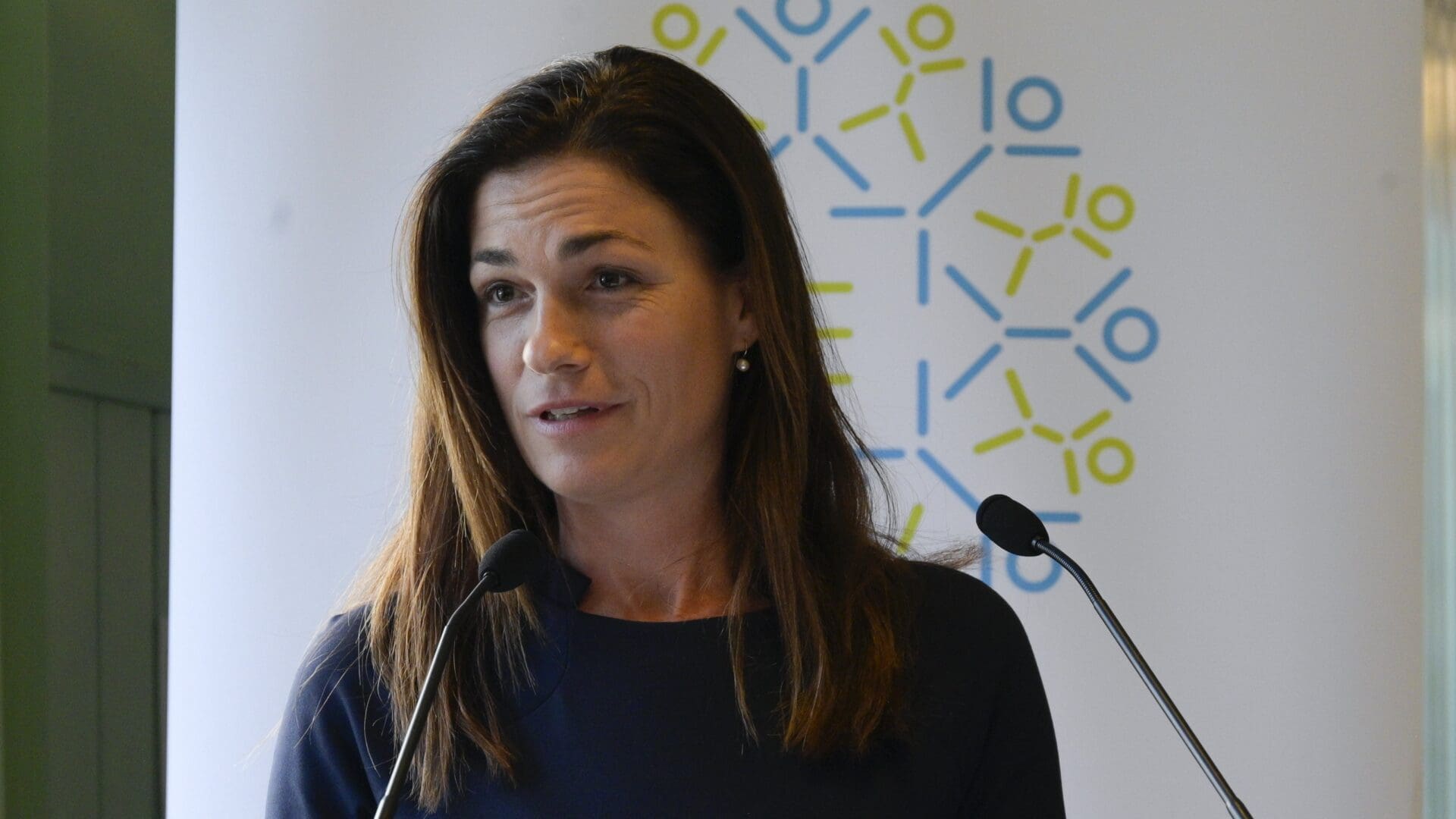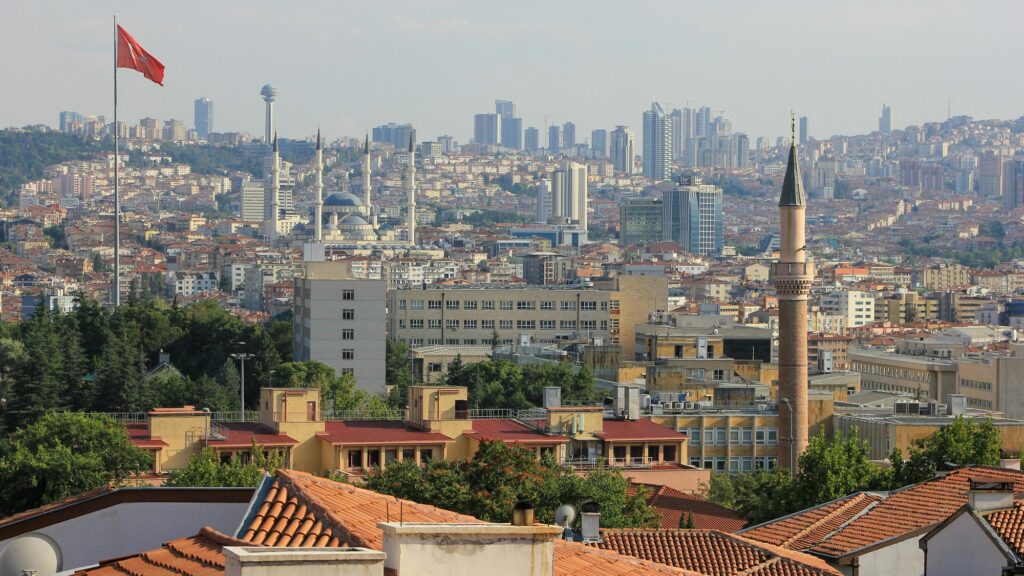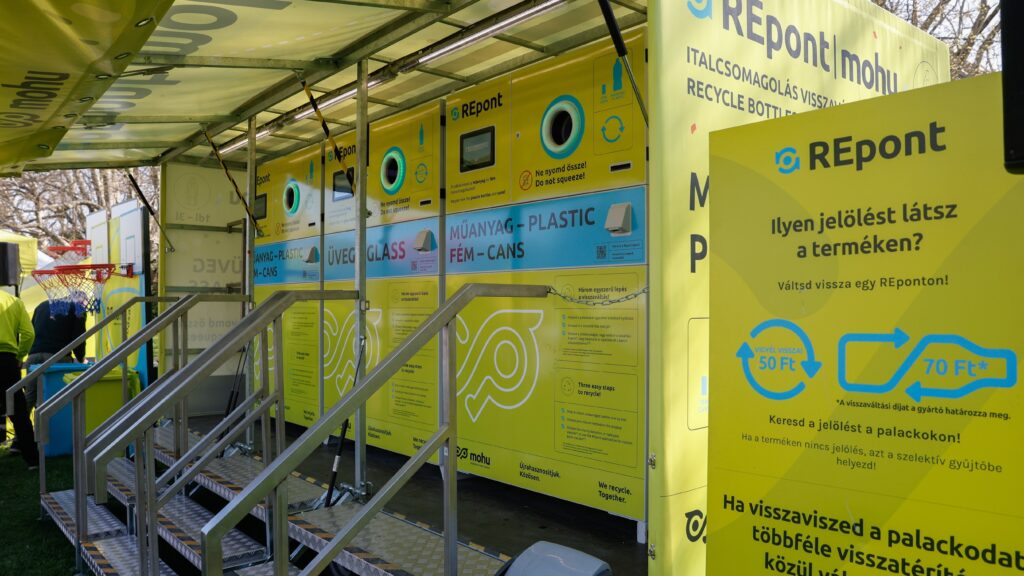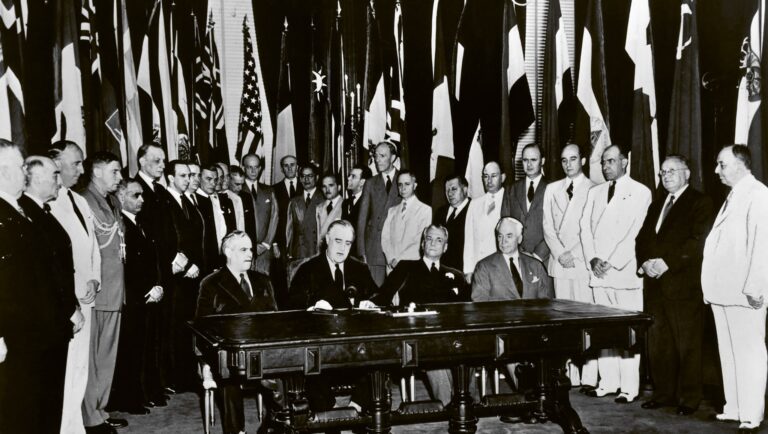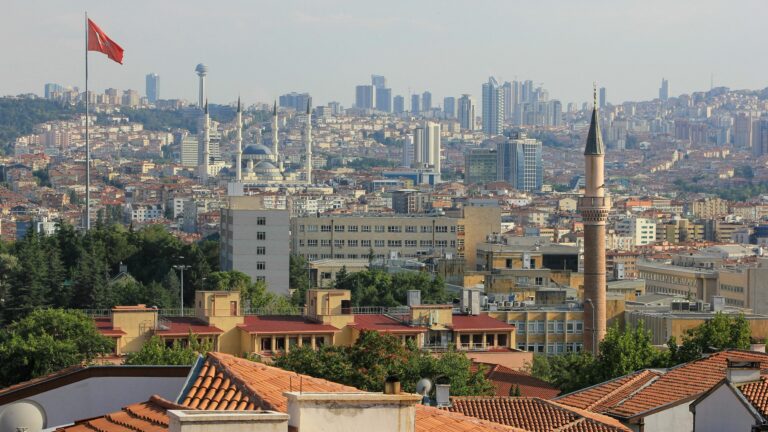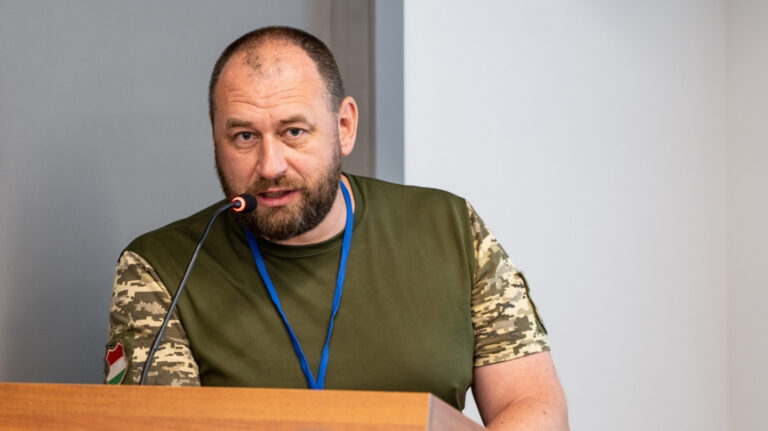Hungary will have the strictest child protection regulations in Europe because ‘there is no compromise in child protection’, Justice Minister Judit Varga wrote on Tuesday in a post on her Facebook page.
According to the minister’s post, the European Commission is challenging the child protection law on the grounds that it cannot be reconciled with EU regulations, ‘but we know that in reality, they are targeting the values of our Constitution.’
She stated that further legislation proposals will be submitted to the National Assembly in the autumn.
Judit Varga noted that on Monday she participated in a Brussels conference on the child protection law and the rule of law organised by Mathias Corvinus Collegium, the Civil Hungary Foundation, and the German–Hungarian Institute for European Cooperation, where she emphasised that the Commission is attacking a law that protects children’s right to self-identification based on their gender at birth and states that the mother is female and the father is male.
The minister wrote she regrets that leading European politicians had already formed an opinion on the child protection law
before engaging in substantive dialogue with Hungarian authorities.
She added that the forces embracing the increasingly prevalent woke ideology have managed to persuade 15 EU member states to take action against Hungary in the ongoing EU court proceedings. ‘But all they have achieved by doing that is that deep dividedness within the European Union has become obvious,’ Judit Varga said.
As she noted, although 15 member states joined the lawsuit, the number of interveners in such proceedings is not as significant as the correct and proper interpretation of EU law, such as the separation of national and EU competencies. In addition to Hungary’s solid legal arguments based on the EU Charter of Fundamental Rights and the Treaty on the Functioning of the European Union in the ongoing proceedings, 3.7 million Hungarian people expressed their support for the child protection law in the April 2022 referendum.
‘In light of this, we will act and submit further legislative proposals to the National Assembly in the autumn. Hungary will have the strictest child protection regulations in Europe because there is no compromise in child protection,’ she wrote. She also pointed out that more and more evidence is emerging that the Hungarian opposition has accepted 4 billion forints in ‘mysterious’ foreign donations to represent foreign interests and policies in Hungary.
Interestingly, the minister remarked, this scandal has not reached the threshold of sensitivity for a significant group of EU politicians. While an innocent sentence in the Hungarian Constitution has been under attack for years, they remain silent about such unprecedented and illegal campaign financing. Judit Varga wrote: ‘Representing the interests of foreign powers for money is equal to trampling on democracy, influencing the integrity of elections, and interfering in the internal affairs of a sovereign country.’
She announced that
she had informed Vera Jourová, the EU Commissioner responsible for transparency and values,
that the opposition parties received significant amounts of foreign contributions from the organisation called Action for Democracy, which is located outside the European Union. She highlighted in her letter to the Commissioner that the purpose of this support was to influence the Hungarian elections. The minister stressed that this issue is not only significant for Hungarians, but also for all European citizens, because reducing the powers of member states and interfering in their domestic affairs—particularly in relation to the way democratic elections are conducted—is not democratic participation, but the outsourcing of democracy.

